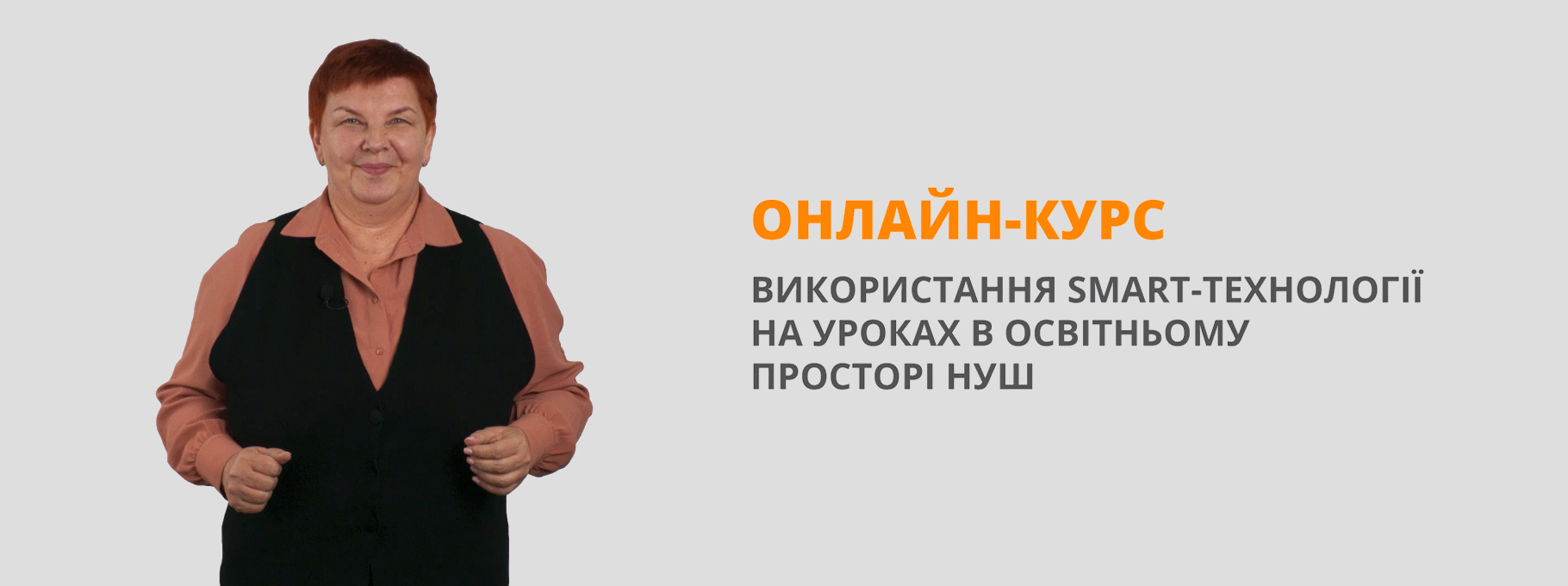Конспект уроку "Ecology problems. Conditionals" до підручника Англійської мови В.Буренко, 11 клас, рівень стандарту
Ecology problems. Conditionals
Objectives:
- to introduce and practice the new topic;
- to practice previously taught vocabulary on the topic;
- to improve students’ reading and speaking skills;
- to practice students in grammar (Conditionals);
- to develop students’ communicative competence;
- to activate thinking imagination;
- to encourage understanding and tolerance to others;
- to broaden students’ outlook;
- to encourage students’ understanding of importance of studying;
- to develop self-esteem and a sense of respect for others.
Outcomes: by the end of the lesson students will be able:
- to use the words of the topic in oral speech;
- to express their personal attitude to modern technologies;
- to discuss the questions using arguments;
- to read and understand texts finding the most essential / special information;
- to use different types of Conditionals.
Procedure
1. Warm-up
Homework review
1. Do you study the problems of nature protection at any of your school lessons? Is it necessary to discuss ecological problems at school? What is your opinion?
2. Why did some species of animals, birds, fish and plants disappear forever?
3. What can you say about man’s careless interaction with nature?
4. What should be done if we want to live on the Earth?
5. Do you know any organizations which help us improve or solve ecological problems?
2. grammar, speaking and writing
Ex.8 p.109
Conditionals
1. The zero conditional expresses situations that are always true and refers to «all time», not just the present or future. We use the zero conditional to state things that seem generally or always true such as rules, scientific and economic laws, religious doctrines, guidelines.
1) If we don’t water the flowers at home, they die.
2) If I drop an egg, it breaks.
3) If it rains, you get wet.
4) If you heat water to 100 °C, it boils.
We use a comma when the if-clause is the first but when the if-clause follows the main clause, we don’t use a comma.
1) Flowers die if you don’t water them.
2) An egg breaks if I drop it.
2. We use the first conditional to talk about things that are normal, possible and may happen in the future as a result of a possible action or situation. We use the first conditional to give some advice or warnings, to make predictions, offers or promises, to state instructions, to draw conclusions.
1) If you come to me, I’ll help you with your project.
2) If you aren’t too tired, you can (you’ll) take part in our competition.
3) If you press button B, the TV set will be switched off.
4) If the weather is fine, we’ll go for a walk.
3. We use the second conditional to talk about things that are impossible or unlikely to happen. We use the Past Simple to describe an imaginary action or situation in if-clauses and would + verb to describe the result.
1) If you came to me, I would help you with your project.
2) If you weren’t too tired, you would (you’d) take part in our competition (you could take part in our competition).
3) If you pressed button B, the TV set would be switched off.
4) If the weather was fine, we would go for a walk.
4. We use the third conditional to talk about events in the past that cannot be changed, about things that might have happened in the past but did not.
1) If you had come to me, I would have helped you with your project.
2) If you hadn’t been so tired, you would (could) have taken part in our competition.
3) If the weather had been fine last week, we could (would) have gone for a walk.
4) He would have entered university if he had worked hard last year.
3. Speaking
Ex.11 p.111
Discuss and write down what you will do at the weekend if the weather is good or bad. Present these sentences to your classmates.
If the weather is fine, I’ll ... . If the weather is bad, I’ll … .
Ex.12 p.111
Work in groups. Imagine that you are students and have entered university. Link your ideas to make up a story. Present your stories to the classmates.
These expressions can help you:
If I entered university, I would … .
If I worked hard at university, I would … .
If I got a good job, I … .
If I earned a lot of money, I … .
4. Reading and speaking
Ex.14 p.112
Work in pairs. Read the pupils’ project about environmental problems, discuss and say what the main idea is.
5.Summary
Grammar: Ex.9 p.110
Read and choose the correct forms of the verbs to complete the sentences.
Ex13 p.111
Work in class. Discuss.
1. Is it possible to combine modern technologies and the clear sky, pure water and air? Give your reasons.
2. What is more important in your opinion — not to pay attention to ecological problems and think only about comfortable conditions of your living or to protect our Earth and do your best to live a happy life? Give your reasons why you think so.
3. Why cannot we stop polluting our Earth?
6. Homework
Ex.10 p.111
Complete the sentences using Conditionals.
Ex.15 p.112
Write an essay and describe one of the ecological problems which exist in the region where you live and suggest its solution


про публікацію авторської розробки
Додати розробку
